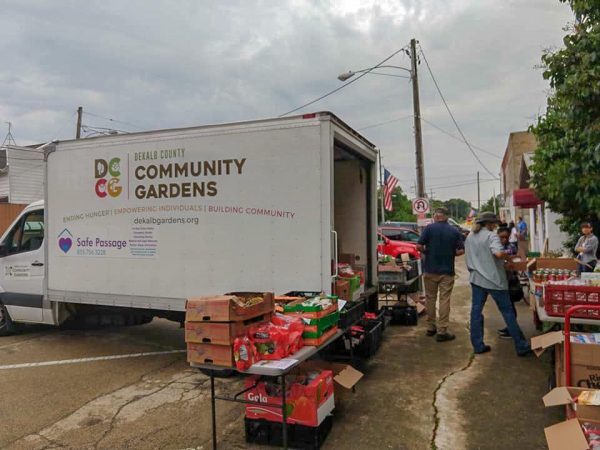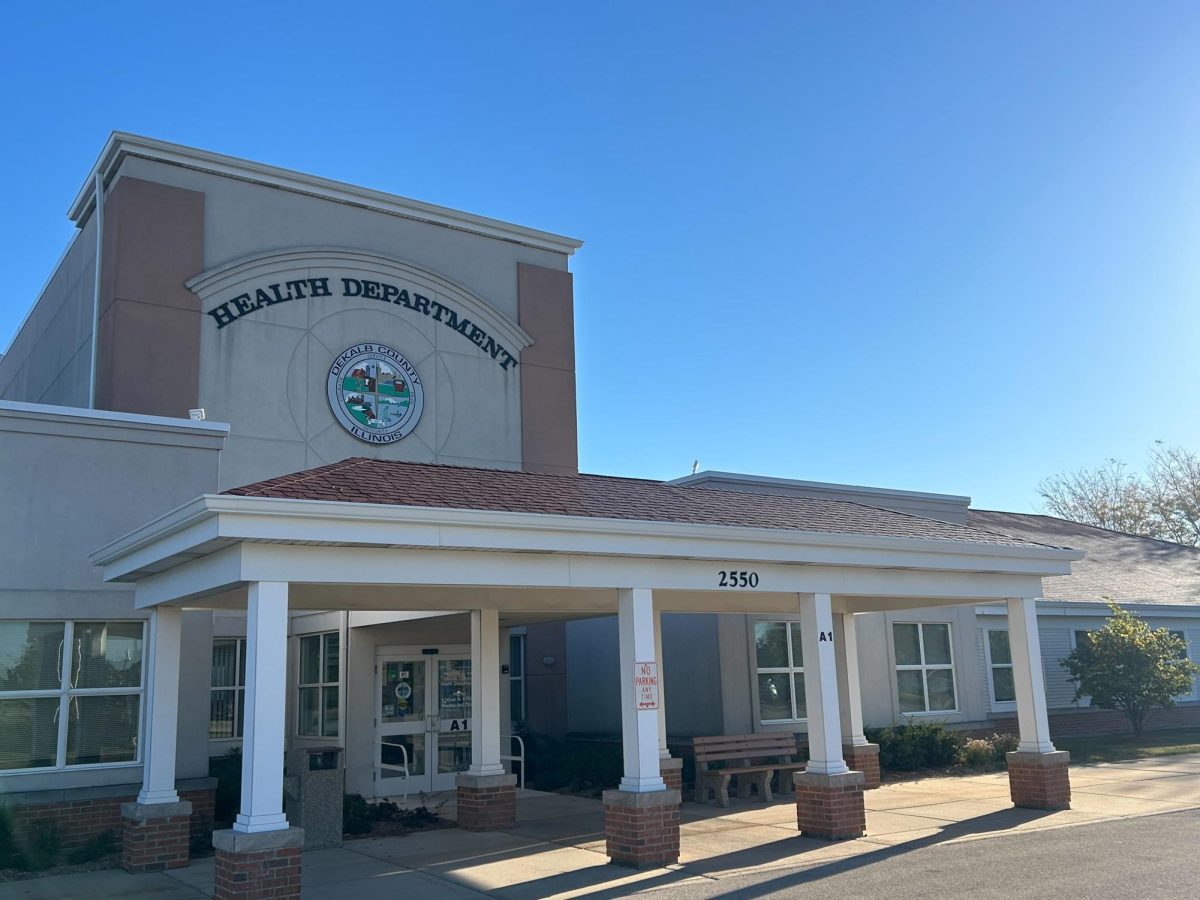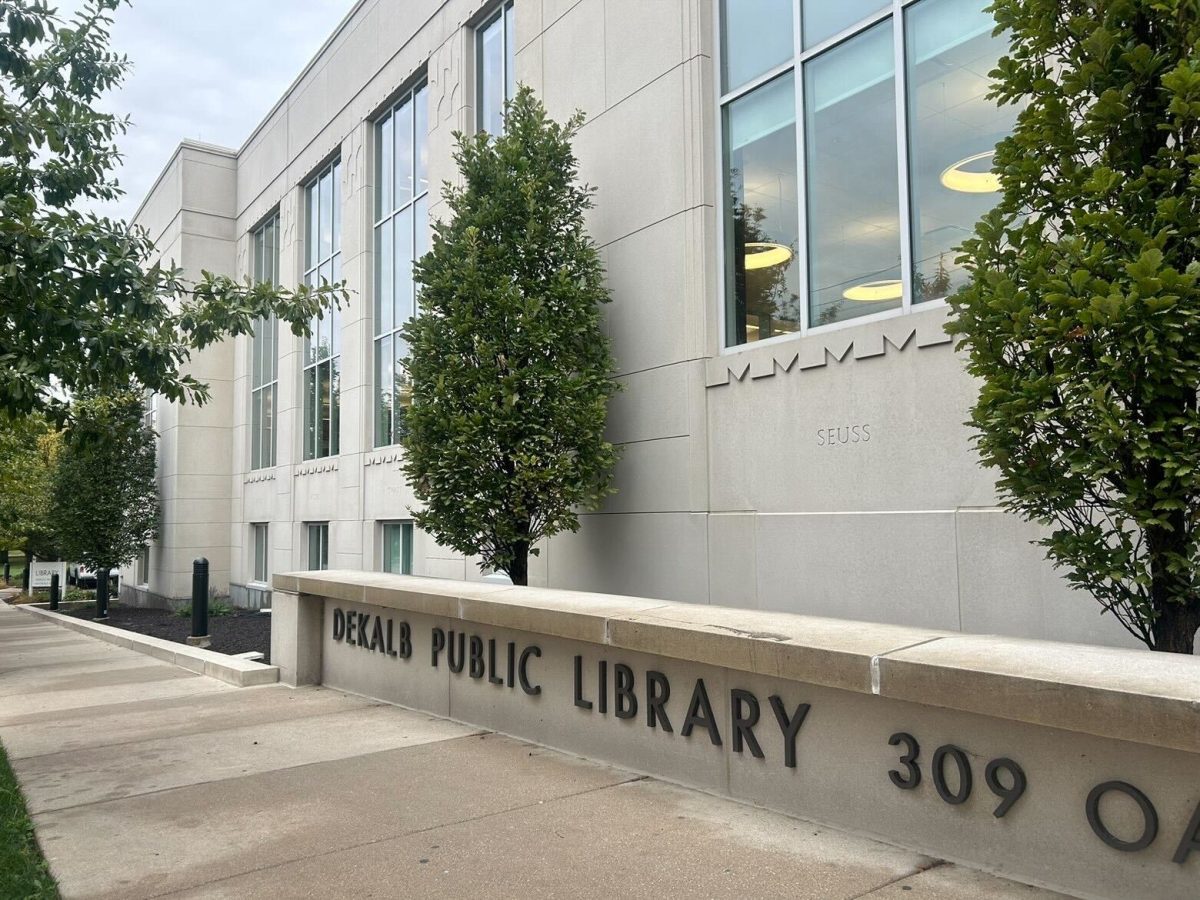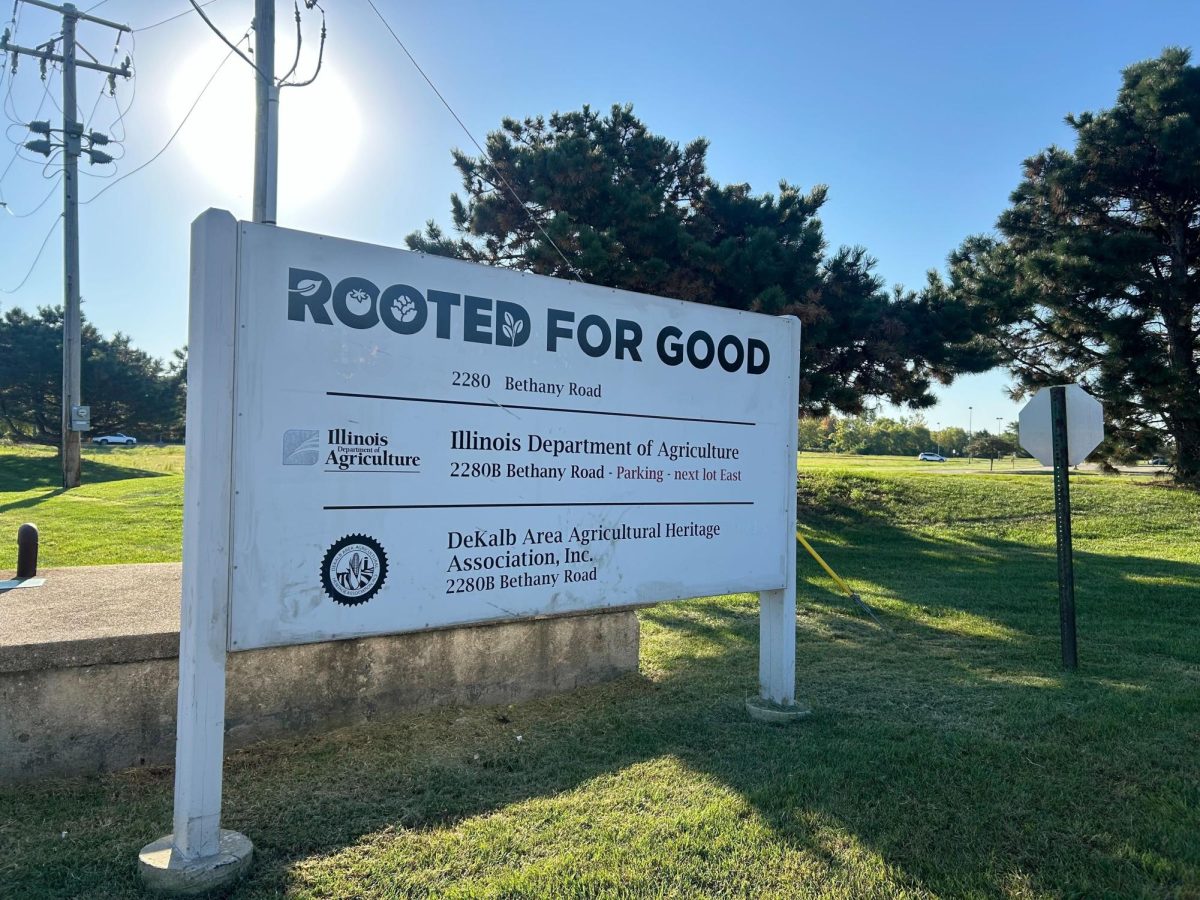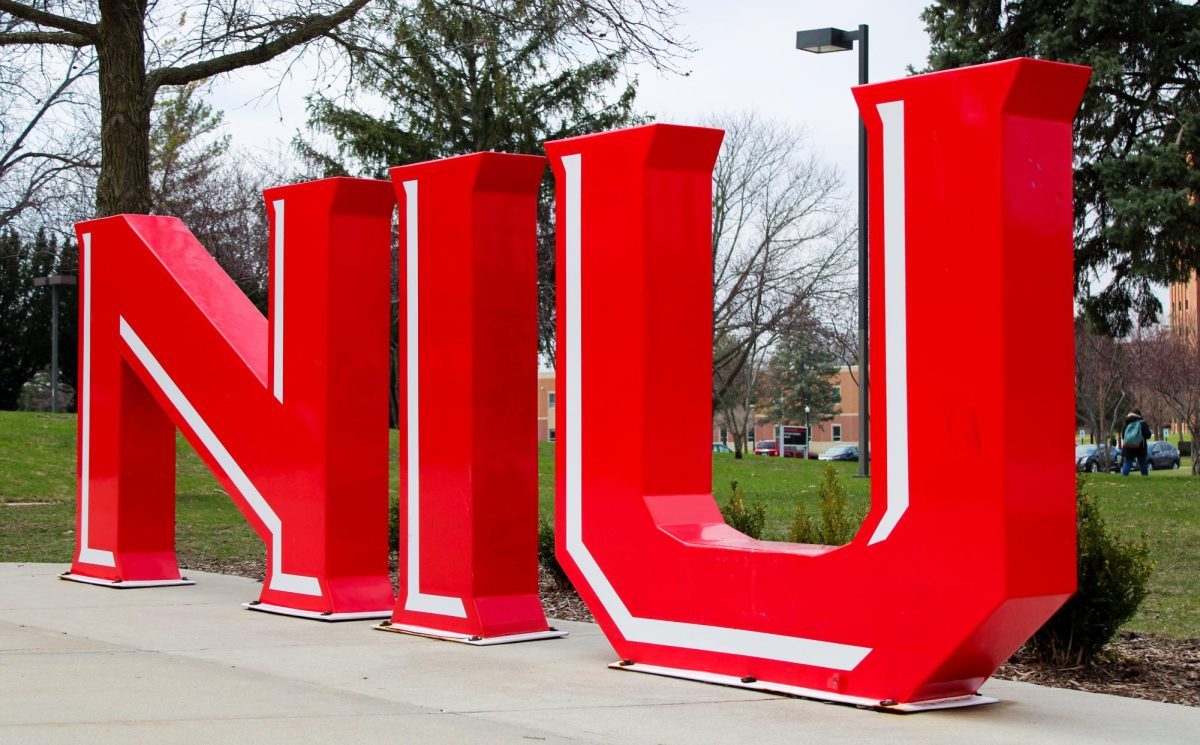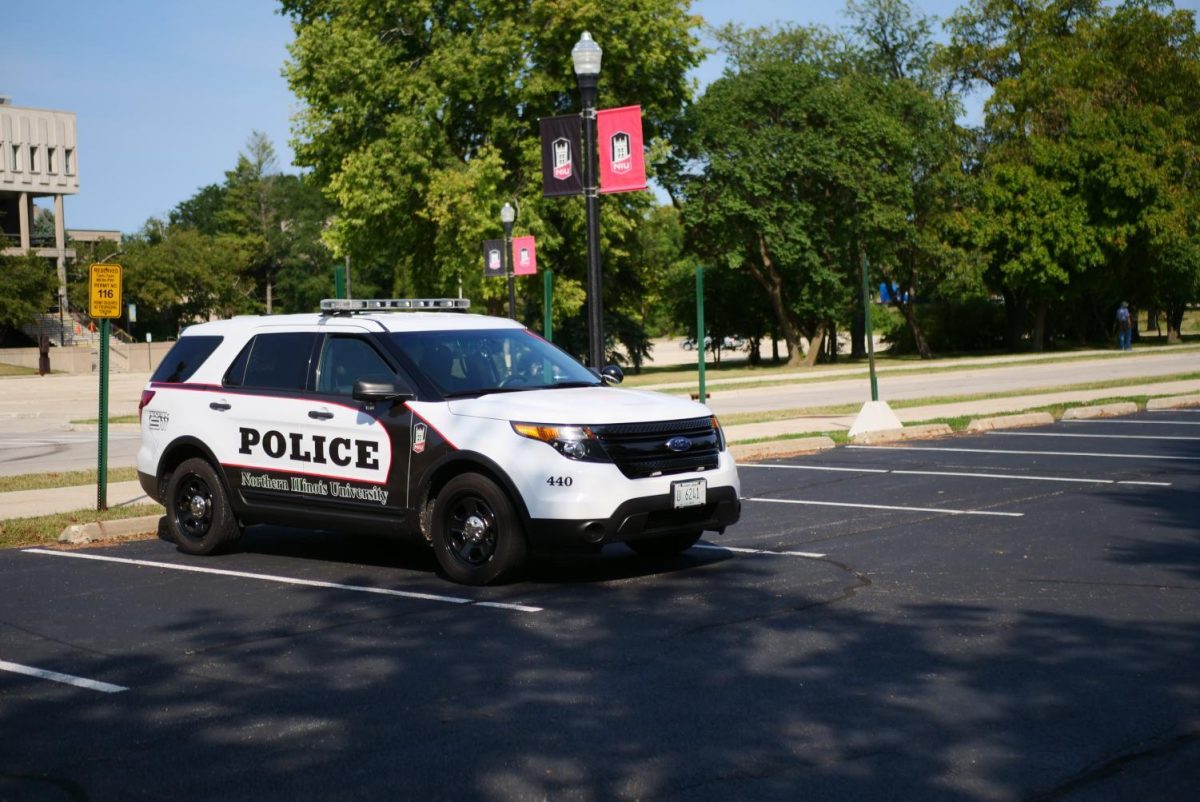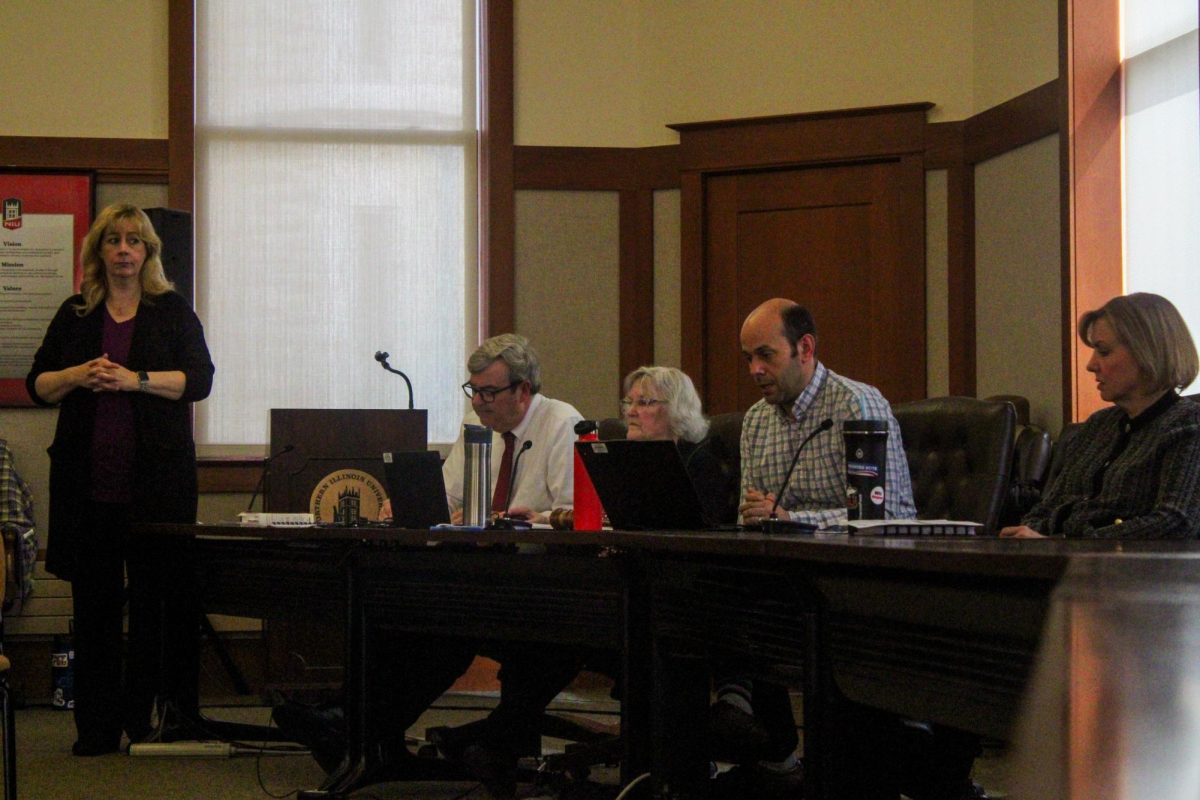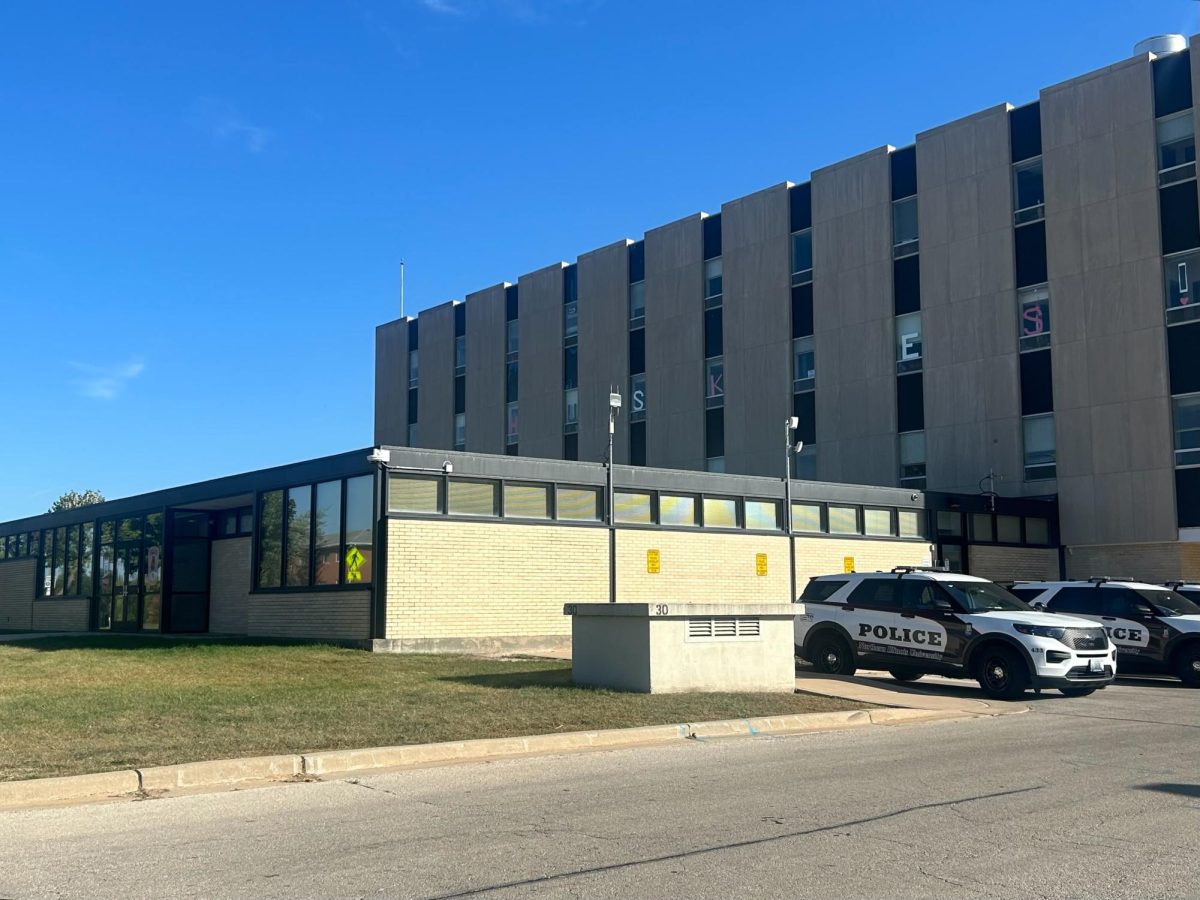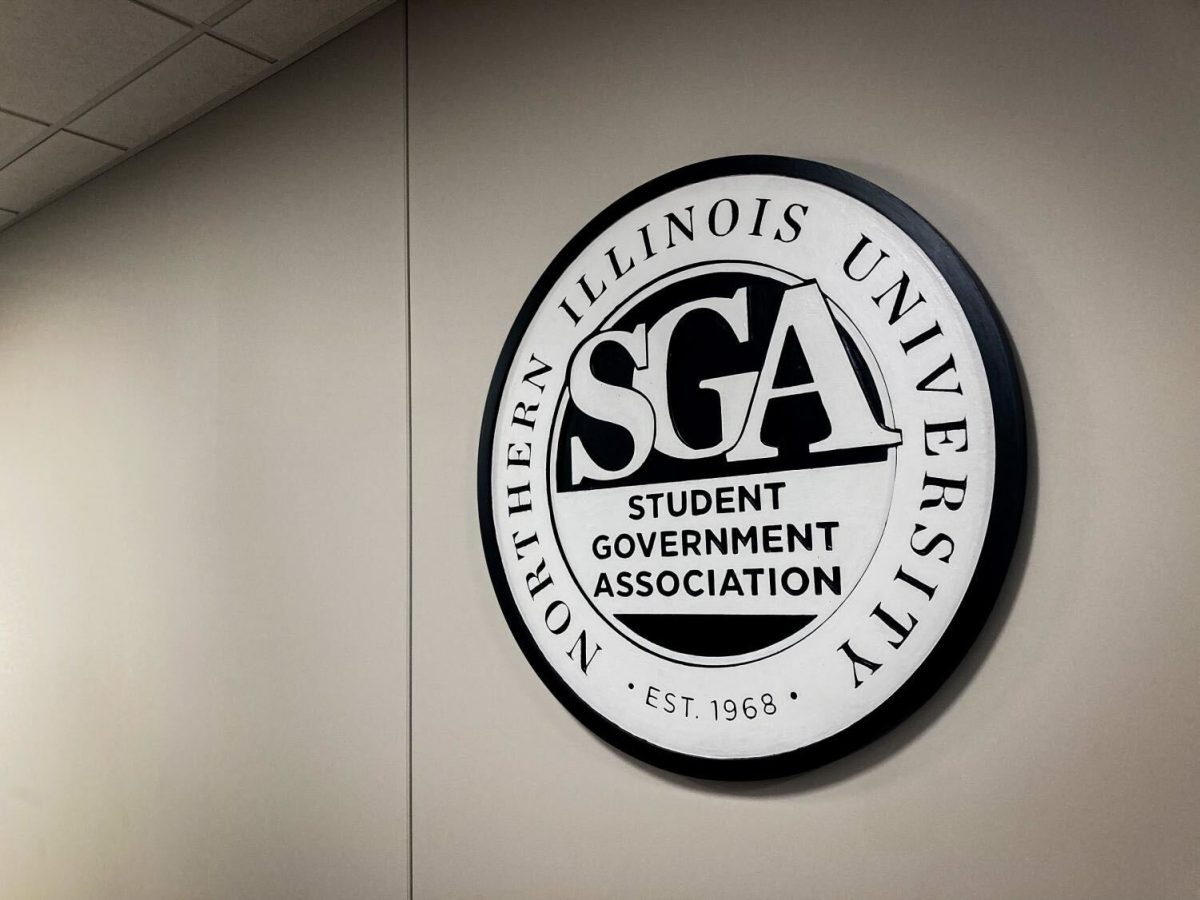DeKALB – A new community center promises not to spoil the broth with too many cooks, but it will leave enough room at the table for all.
The city of DeKalb has approved the rezoning of eight acres of land to the DeKalb County Community Gardens to build a proposed Community Health Education and Food (CHEF) Complex.
Upon completion, the location will consolidate the Community Gardens’ various services to those in DeKalb County at one central location.
The location of the CHEF complex will be east of Annie Glidden Road next to the West Ridge Apartments located at 919 Ridge Drive, DeKalb. The complex will be open to all residents of DeKalb County.
The DeKalb County Community Gardens’ members are hoping the amenities of the location will assist in lifting people out of poverty and reduce food insecurities.
The complex will act as a food pantry for people facing food insecurity in DeKalb County, said Andrew Wanek, vice president of board of directors for DeKalb County Community Gardens. Visitors will be able to pick from whatever food is available from the pantry during open hours.
“It’s not us telling a family, community or an individual what they should be eating,” Wanek said. “It’s important for their dignity to be able to have choice in what they’re picking.
Heather Edwards, executive director for the DeKalb County Community Gardens, said she is hopeful that the complex will be operational by their proposed time of Dec. 31, 2025.
The timeline of the project is dependent on securing the capital needed to construct it. As of now the Community Gardens still has to secure capital to build the complex.
In the meantime, the Community Gardens will be working with the Kubala Washatko Architects on designing the complex. Community Gardens chose Kubala Washatko because of their shared values in building a holistic space that is mindful of the environment.
“This (the CHEF complex) will be a landmark, and if we’re able to achieve all of our goals, it will be a model for other cities as well,” Wanek said.
While the reason for food insecurity can vary, poverty is a large factor.
The Community Gardens services communities throughout DeKalb County, Rochelle, Belvidere and Aurora, Edwards said.
Visitors who use the current Community Gardens services, like its mobile food pantry, sign in to Link2Feed. Link2Feed is the software most Northern Illinois food pantries, like the DeKalb County Community Gardens, use to keep track of statistics of households given aid.
While visitors can sign in with a phone number, they can choose to be anonymous. The only information then asked is how many people are in the visitor’s household and if any are below the age of 16 or above the age of 60.
“Grow Mobile” is a mobile food pantry that provides pop-up food pantry services and delivers food to residents in DeKalb County. Based on Link2feed data from last year, the Community Gardens assisted 21,000 people with its Grow Mobile program alone. However, the number of people needing these services because of food insecurities is going up.
“We compare what we’re averaging now versus what we were averaging this time last year, and it’s about 30% more (people) we’re serving,” said Maeven Sipes, chief philanthropy officer of Northern Illinois Food Bank. “We’re serving about 520,000 neighbors every month across our network and programs.”
Edwards and Sipes both said the reason for this increase in people served is likely due to the end of COVID-19 tax credits and current inflation.
“When the pandemic ended as a health emergency, a lot of the COVID benefits ended,” Sipes said. “So, families might have been getting additional SNAP benefits, things like the child tax credit and other stipends that were going on during the pandemic.”
With this reduction of household income and the rise of inflation, families are finding it more difficult to make ends meet and afford food, Sipes said.
The CHEF complex’s future location is currently considered a “food desert” by the USDA, according to Edwards. A food desert, as classified by the USDA, is any location lacking access to grocers selling healthy whole foods within a 1-mile radius whose population’s income is below the poverty level.
“This center is going to be more than just us providing food,” Edwards said. “We’re also going to be working with other social services to actually help with the root causes of poverty.”
In addition to having a food pantry, the CHEF Complex will feature other amenities including multiple greenhouses, a garden center, offices, a food warehouse and more, Wanek said.
A retail greenhouse will be on site selling fresh produce. Revenue from the retail greenhouse will go back into the complex and pay for costs of the facility.
A commercial kitchen and incubator space will also be available to rent out by patrons to prepare and store food.
Food prepared in the commercial kitchen could be sold at the public farmer’s market that will also be at the CHEF Complex.
Space will be available at the complex for educational classes by the Community Gardens’ life coaches and local nonprofit groups. These groups would include the University of Illinois Extension which provides resources on food preparation, holistic living and community planning.
Educational resources will range from cooking, gardening, resume building, assistance with filing SNAP benefits and finding assistance with rent, Wanek said.


